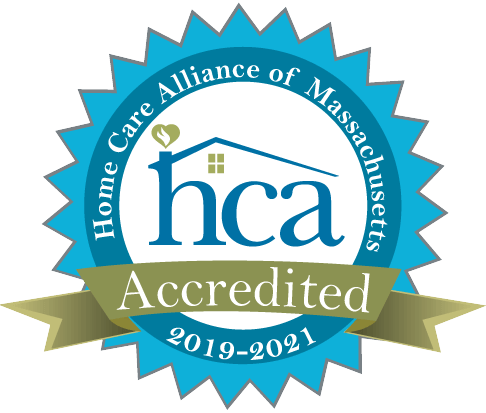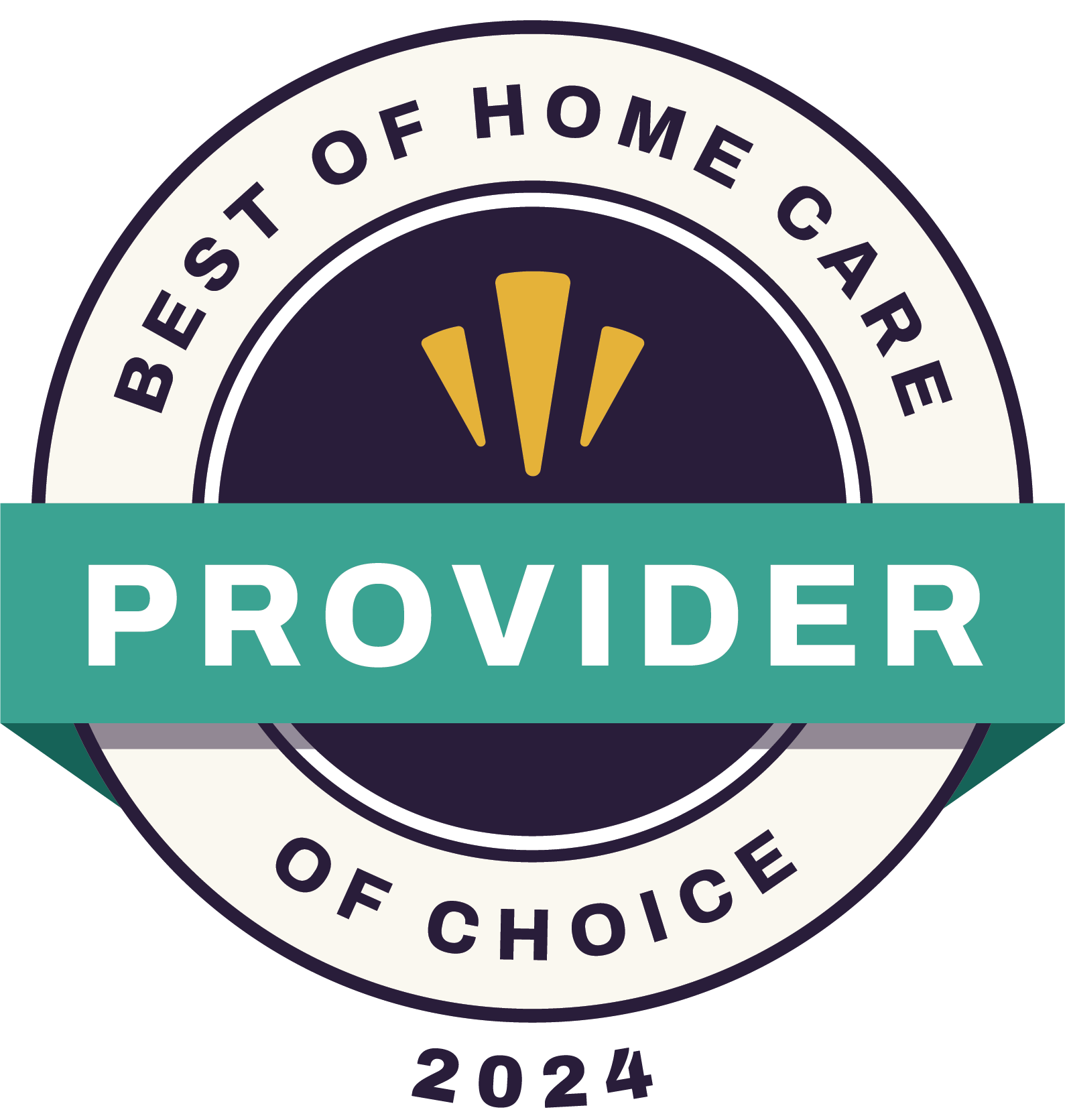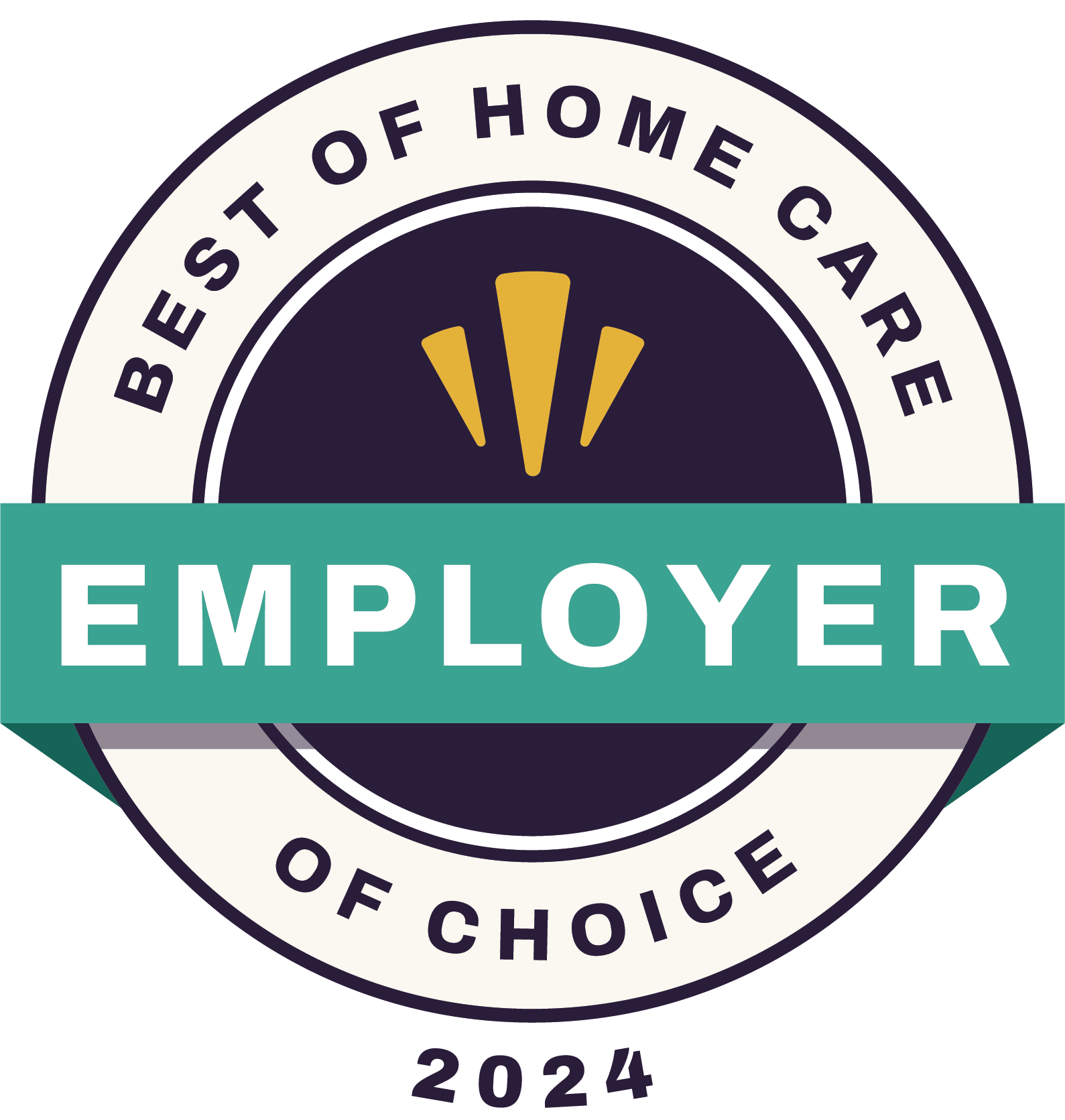













See How We Can Become Your
MINUTE WOMEN
Welcome to Minute Women Home Care, where we passionately redefine dementia care assistance to bring warmth and comfort to your parents. Our caregivers, holding Alzheimer’s certification and trained with deep expertise, offer more than just support – they extend a genuine connection. Rooted in love and compassion, our commitment is to elevate lives, preserving dignity and fostering a sense of home. Specializing in Alzheimer’s care, our caregivers undergo rigorous training, ensuring they become compassionate companions on this challenging journey.
Senior Home Care Services
Below is a list of our senior home care services available to families in the Metro-West Boston area. If you don’t see a particular home care service you are looking for, please give us a call so we can discuss your specific needs and guide you in the right direction.
What Our Clients Have to Say…
When I decided to use their business I was extremely pleased by the professionalism and level of care. I would absolutely recommend them to anyone.
Stephen McAndrew
We were very happy with the help my Mom received when she visited last month. The care providers were skilled in both the procedures needed and the personalities involved. Happy to recommend!
Michael Prager
Minute Women has been extremely responsive over the 13 years I’ve been using them. They take their work seriously and personally, and provide a first-class service.
Lou Ann O.
Need help navigating private home care assistance?
Check out our Home Care 101 guide to make sure you’re making the best decision for your family!

CONTACT INFO
Phone: 781-862-3300
Fax: 781-861-7721
LOCATION
SERVICE AREA
Lexington, Concord, Cambridge, Somerville, Boston, Newton, and Belmont.



